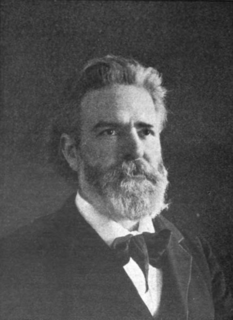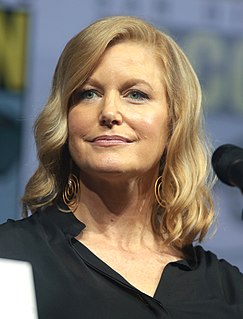A Quote by Steven Conrad
The challenges should be familiar. They should have some relationship to the feelings - like, if a movie's about being demoralized at work, it should feel familiar to people, whether you're a roofer or a lifeguard. But there's a million different ways to be demoralized, especially at work.
Related Quotes
I get bored with things easily. I always have to change something to keep myself excited. When I feel like I did a really good classical and acoustic album, the next thing I want to do is the opposite. And then I want to do the opposite of that. When I work alone after that, I feel like I should work with a lot of people. When I work with a lot of people after that, I feel that I should work alone.
I make work that tries to sort of connect with something really, really familiar. I don't try to make work that's original. I try to make work that's quintessential. That's what I mean about the familiar. It operates with stuff that people already know or information that they already have and I try to just use that. Quintessential means like the perfect minimalist sculptor.
Any relationship should have love, and if there is no love, it is better to call off a relationship. People say that love happens only once, but I don't believe in it because for me, if one relationship doesn't work, you should move on and seek love in another relationship. Who knows; you might find love in the second relationship.
He shifted over without comment, lifting the blankets, and I scrambled into the warm sheets beside him. He smelled like soap and sleep and bare skin. He smelled familiar. Not the deja vu familiar of Guy or Mel. Familiar like...the ache in your chest of homesickness, of longing for harbor after weeks of rough seas or craving a fire's warmth after snow--or wanting back something you should never have given away.





































